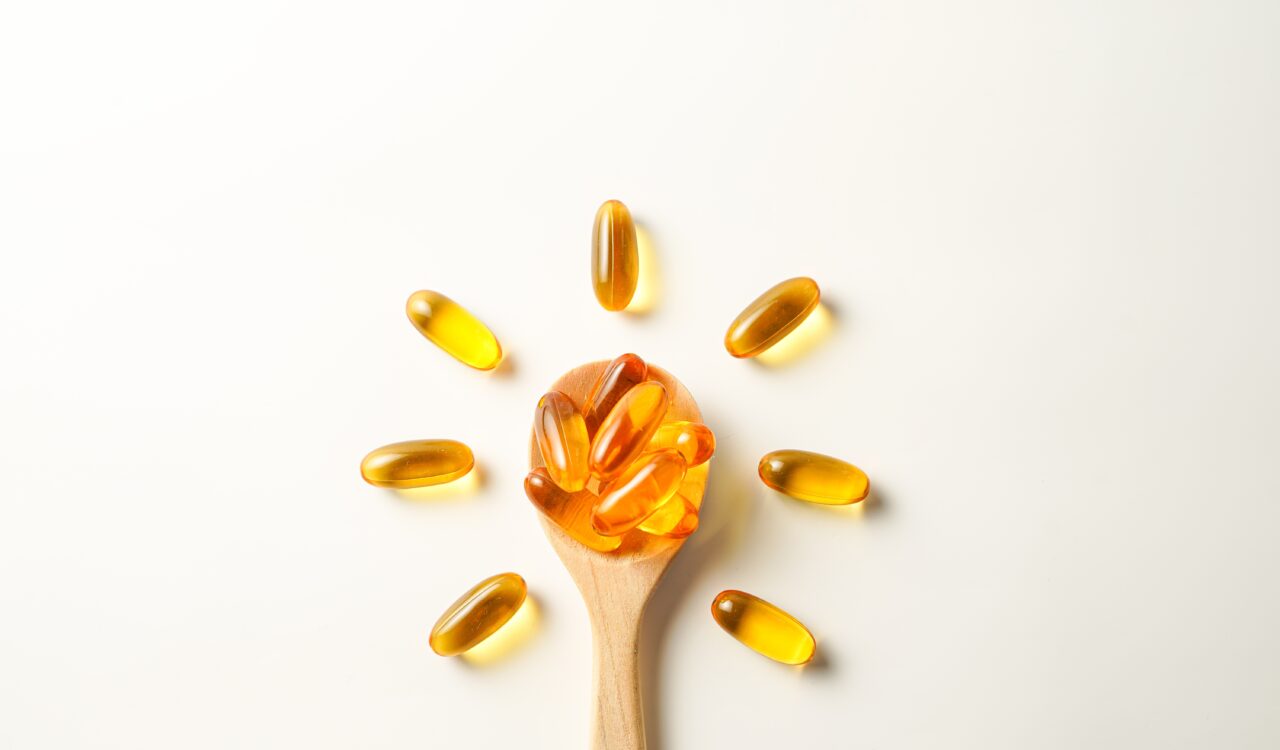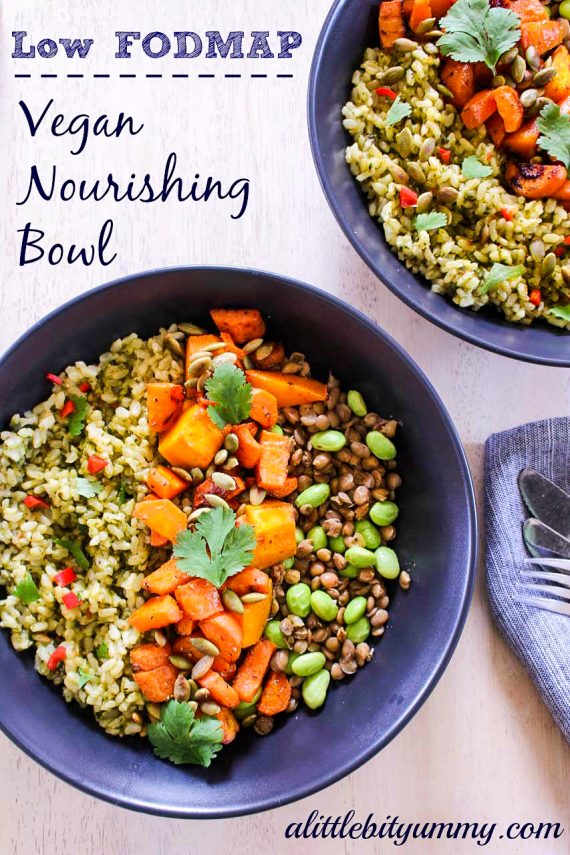If you’re feeling constantly tired, run down, or like your gut just won’t settle, you’re not alone. Many people with Irritable Bowel Syndrome (IBS) experience fatigue alongside their digestive symptoms – and often brush it off as “just part of the package.”
But there might be more going on behind the scenes. One often-overlooked factor is vitamin D deficiency. Low levels of vitamin D are surprisingly common, especially in people with IBS, and they could be making your symptoms worse than they need to be.
In this article, we’ll walk you through what vitamin D does, how it’s linked to IBS, how to find out if you’re low, and what you can do to feel better.
What Is Vitamin D?
Vitamin D is often called the “sunshine vitamin” because our bodies produce it when our skin is exposed to sunlight. It plays a vital role in keeping our bones strong, supporting the immune system, and helping to manage inflammation. Vitamin D also helps your body absorb calcium and phosphorus, two minerals that are essential for healthy bones.
But that’s not all. Research now shows that vitamin D may also affect gut health and digestion.
Where Do You Get Vitamin D?
There are three main ways your body can get vitamin D:
1. Sunlight: Your skin makes vitamin D when it’s exposed to UVB rays from the sun. This process depends on factors like your skin tone, how much skin is exposed, whether you’re wearing sunscreen, and where you live. In countries like New Zealand or the UK, people often struggle to get enough sun exposure during winter as their part of the earth is further away from the sun at this time. People who work inside all day are also more at risk of vitamin D deficiency.
2. Food: Only a small number of foods naturally contain vitamin D. These include:
- Oily fish such as salmon, mackerel, and sardines
- Egg yolks
- Liver
- Fortified products like some types of milk, breakfast cereals, and margarine
- Mushrooms that are exposed to direct sunlight before eating
3. Supplements: Many people find that they need to take a vitamin D supplement, especially if they have limited sun exposure or specific dietary requirements.
Vitamin D and IBS: What’s the Link?
There is growing scientific interest in the connection between vitamin D levels and IBS symptoms.
Several studies have shown that people with IBS are more likely to have low levels of vitamin D compared to people without IBS. In one study, 82% of participants with IBS were found to have insufficient vitamin D levels. Supplementing with vitamin D in that study improved both symptoms and overall quality of life (2).
Here are a few ways vitamin D may influence IBS:
- Immune system regulation: Vitamin D helps manage immune responses, which may reduce inflammation in the gut.
- Gut-brain connection: Vitamin D plays a role in brain health and mood. Since stress and anxiety are linked to IBS symptoms and visceral hypersensitivity, maintaining healthy vitamin D levels could support both emotional and digestive wellbeing (3).
- Maintaining gut lining integrity: Vitamin D helps protect the gut lining. When this barrier weakens, the gut can become more sensitive, which is common in people with IBS (4).
How Do You Know If You’re Low in Vitamin D?
Vitamin D deficiency can be challenging to identify because its symptoms are often subtle. They may include:
- Feeling tired all the time
- Aching bones or muscles
- Low mood
- Getting sick more often
- Worsening IBS symptoms
The best way to know for sure is to ask your doctor for a blood test. The most common test is called the 25-hydroxyvitamin D test. Based on most guidelines:
- Levels below 50 nmol/L (20 ng/mL) are considered deficient
- Levels between 50 and 75 nmol/L (20–30 ng/mL) are considered insufficient
- Levels above 75 nmol/L (30 ng/mL) are considered adequate for most people
Your healthcare provider can explain your results and help you decide what to do next.
How Can You Improve Your Vitamin D Levels?
If your vitamin D levels are low, there are several ways to bring them up:
- Spend Time in the Sun (Safely)
Try to get some sun on your skin (without sunscreen) for short periods a few times a week, ideally around midday. In New Zealand, that might mean just 5–10 minutes in summer, or up to 30 minutes in winter depending on your skin tone. If you have darker skin, you are likely to need much more – around 2 hours per day.
Make sure you don’t stay in the sun long enough to burn and always balance sun exposure with skin cancer prevention.
Are you ready to take control of your gut symptoms?
No thanks, my gut is perfect.
- Eat More Vitamin D-Rich Foods
Include more foods that naturally contain or are fortified with vitamin D. If you follow a low FODMAP diet, some good options include:
- Canned salmon or tuna (just check the label for added onion or garlic)
- Eggs
- Fortified plant-based milks like almond milk (always check the nutrition label)
- Oyster mushrooms are low FODMAP and they naturally contain ergosterol, a compound that can be converted into vitamin D2 (a plant-based form of vitamin D). However, there is a catch here. You need to place the oyster mushrooms gill side up in direct sunshine for 15-30 minutes before cooking to boost the vitamin D levels.
Check out a couple of our favourite recipes in our FODMAP Made Easy program that contain these foods: Tuna & Avocado Melt; Oyster Mushrooms with Goat’s Cheese, Thyme & Truffle Oil on Toast; Easy Carrot & Zucchini Fritters
- Consider Supplements
Your doctor may suggest taking a vitamin D supplement if your levels are low. These usually come as daily tablets (such as 1000–2000 IU) or occasionally as high-dose capsules taken less frequently under supervision. If you are on the daily dose, it only takes 10 days for your vitamin D levels to be boosted.
Talk to your doctor or dietitian before starting any supplements, especially if you have IBS or other medical concerns.
Final Thoughts
If you’re living with IBS, checking your vitamin D levels could be a helpful part of managing your symptoms. Keeping your levels in a healthy range might support your gut health, boost your mood, and improve your energy levels. Next time you have a check-up, it’s worth asking: “Could my vitamin D levels be affecting how I feel?” Even small steps, like a bit more sunlight or the right supplement, can help you calm your gut symptoms.
References:
- Khayyat Y, Attar S. Vitamin D Deficiency in Patients with Irritable Bowel Syndrome: Does it Exist? Oman Med J. 2015 Mar;30(2):115-8. doi: 10.5001/omj.2015.25. PMID: 25960837; PMCID: PMC4412886.
- Williams, C. E., Williams, E. A., Corfe, B. M. (2015). Vitamin D status in irritable bowel syndrome and the impact of supplementation on symptoms: what do we know and what do we need to know? BMC Gastroenterology, 15, 60. https://doi.org/10.1038/s41430-017-0064-z
- Laird, E., & Kenny, R. A. (2018). Vitamin D deficiency in Ireland – implications for COVID-19. Tilda Reports. https://doi.org/10.3390/nu10010096
- Zhang, Y. G., Wu, S., & Sun, J. (2013). Vitamin D, Vitamin D Receptor, and Tissue Barriers. Tissue barriers, 1(1), e23118. https://doi.org/10.4161/tisb.23118
Image credit: Aria Armoko / Shutterstock











Leave a Reply